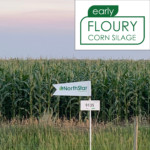 913S – 75 Day RR2
913S – 75 Day RR2
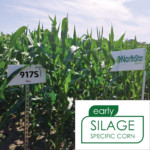 917S – 77 Day RR2
917S – 77 Day RR2
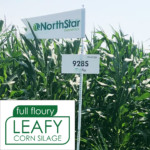 928S – 86 Day RR2
928S – 86 Day RR2
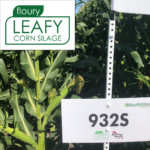 932S – 89 Day RR2
932S – 89 Day RR2
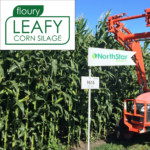 961S – 95 Day RR2
961S – 95 Day RR2
NorthStar Genetics Floury Leafy Corn Hybrids are Bred for your Cows not your Combine
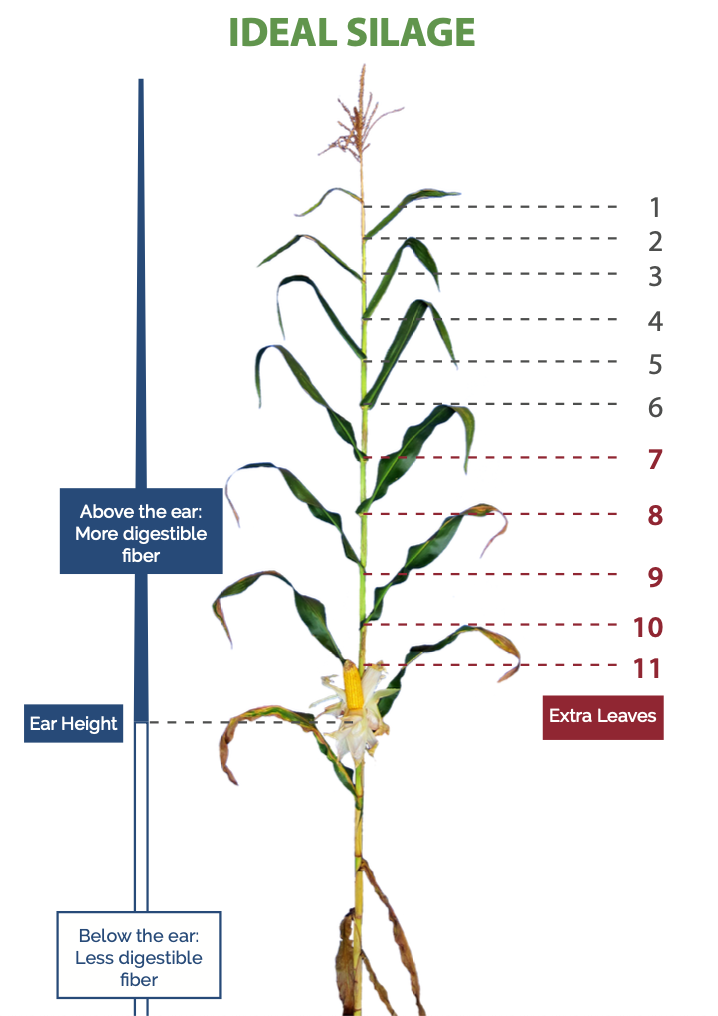
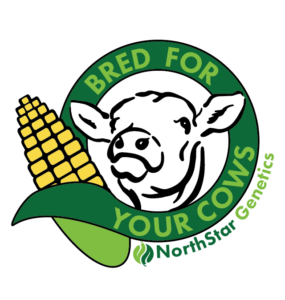
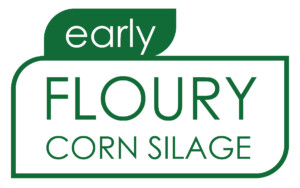 913S is an early maturing silage-specific corn type that produces an ear with highly digestible starch and improved fiber digestibility. It contains the recessive opaque-1 gene in one parent of the cross. When self-pollinated, 75% of kernels on the ear are silage-specific and 25% are completely floury.913S has been bred for total plant silage performance and never for grain characteristics.
913S is an early maturing silage-specific corn type that produces an ear with highly digestible starch and improved fiber digestibility. It contains the recessive opaque-1 gene in one parent of the cross. When self-pollinated, 75% of kernels on the ear are silage-specific and 25% are completely floury.913S has been bred for total plant silage performance and never for grain characteristics.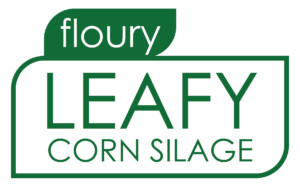 Named after the Leafy gene that produces a distinctive plant with 8 or more leaves above the ear, 932S and 961S produce big yields of digestible fiber and starch. Ears are composed of large, slow-drying kernels. They contain the recessive opaque-1 gene in one parent of the cross. When self-pollinated, 75% of their kernels are silage-specific, and 25% are completely floury.
Named after the Leafy gene that produces a distinctive plant with 8 or more leaves above the ear, 932S and 961S produce big yields of digestible fiber and starch. Ears are composed of large, slow-drying kernels. They contain the recessive opaque-1 gene in one parent of the cross. When self-pollinated, 75% of their kernels are silage-specific, and 25% are completely floury.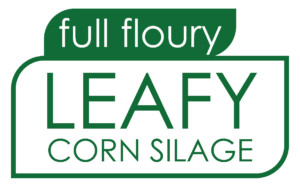 928S has all the benefits of a Floury Leafy with the addition of more digestible starch. It has the opaque-1 gene in both parents of the cross. In your field, 928S will produce ears with 100% floury kernels for maximum starch digestibility.
928S has all the benefits of a Floury Leafy with the addition of more digestible starch. It has the opaque-1 gene in both parents of the cross. In your field, 928S will produce ears with 100% floury kernels for maximum starch digestibility.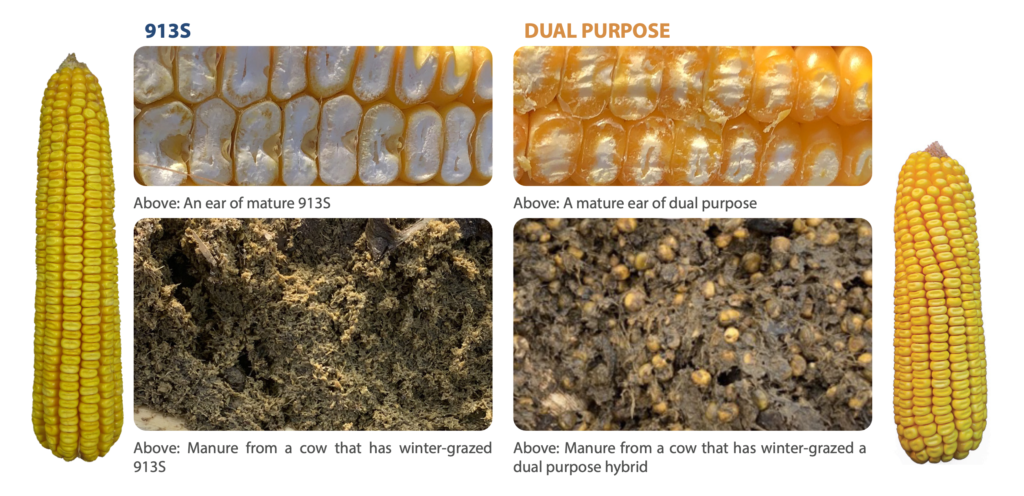
Small Particle Size – Floury kernels fracture easily into small particles during silage chopping, allowing for a longer chop length (3⁄4”recommended) and a short minimum storage period of 30 days. After chewing, the starch is readily available to the animal.
High Energy Starch – The small starch particles offer more surface area to rumen bugs for a boost in digestibility.
Long Rumen Retention – Floury starch particles may be more buoyant in the rumen and float to stay in the rumen mat for an extended digestion period.
Ration-Type Adaptability – Our Floury Hybrids are versatile. They can be balanced into various ration types to meet the nutritional needs of any cow group.
High Quality Milk – Floury Hybrids have an increased potential to produce milk with high fat content. They do not require heavy kernel processing during harvest to reduce starch particle size, so fiber particles can remain large enough to act as effective fiber. This promotes normal rumination and saliva production, which plays an important role in protection from acidosis and increases milk fat content.
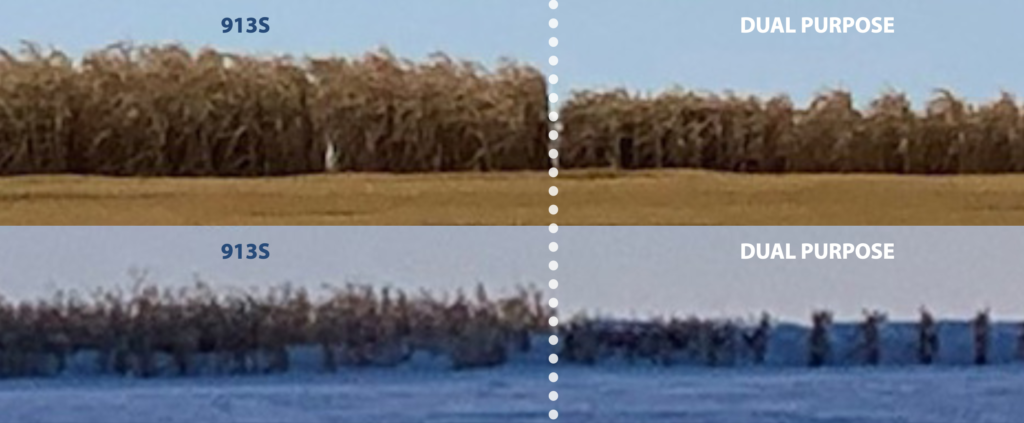
Staygreen trait stays moist in 60-70% for longer.
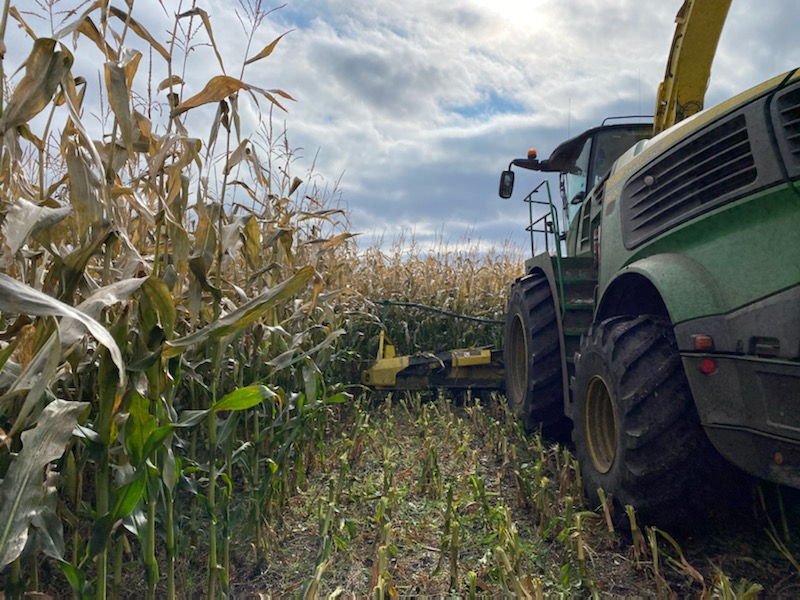
“We silaged our 20 acres of 913s on a separate pile for 2 weeks (last week of October and first week of November).
We took our regular corn silage out and switched to 913S. No other changes and cows went up 20 kg butterfat per pickup (642kg) and dropped back of to their normal level (622kg) after we switched back to regular silage. Silage test results where roughly the same for both silage types
20 kg butterfat increase every other day is around $200-$250 extra profit. On roughly 5 ton silage per day $100 extra profit over 5 ton is $20 per ton silage extra return over regular silage so we seeded 120 acres this year.”
Dairy Farmer in Alberta
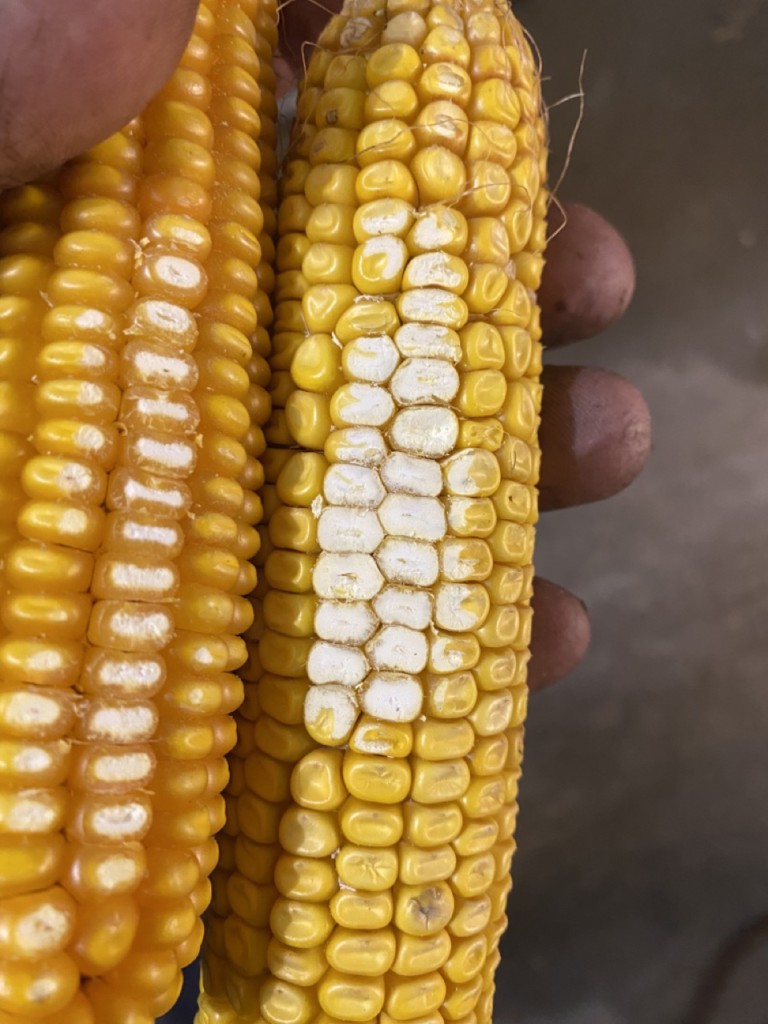
Grazing Spotlight